Keywords: Queen Elizabeth Ii
-

ARTS AND CULTURE
- Peter Craven
- 15 December 2023
The Crown, that extraordinary TV series about the British Royal Family, is drawing to a close, with the final six episodes released in the prelude to Christmas. In the meantime, the producers have shrewdly done a quartet of episodes about Diana, with Australia's Elizabeth Debicki giving a dazzling performance as ‘the People's Princess’.
READ MORE 
-
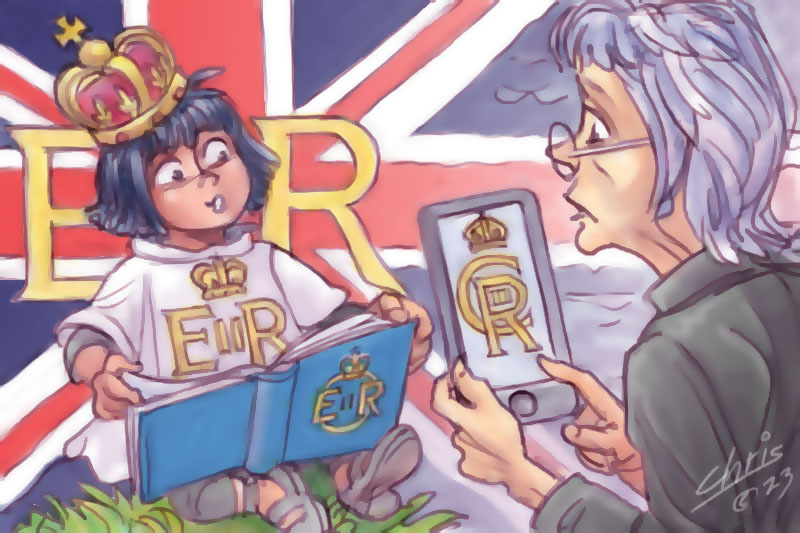
ARTS AND CULTURE
- Gillian Bouras
- 01 May 2023
5 Comments
As the UK prepares for the coronation of King Charles, ideas about national pride and loyalty to the crown have been revolutionised since Queen Elizabeth's coronation, as attitudes towards the British monarchy continue to change both at home and abroad.
READ MORE
-
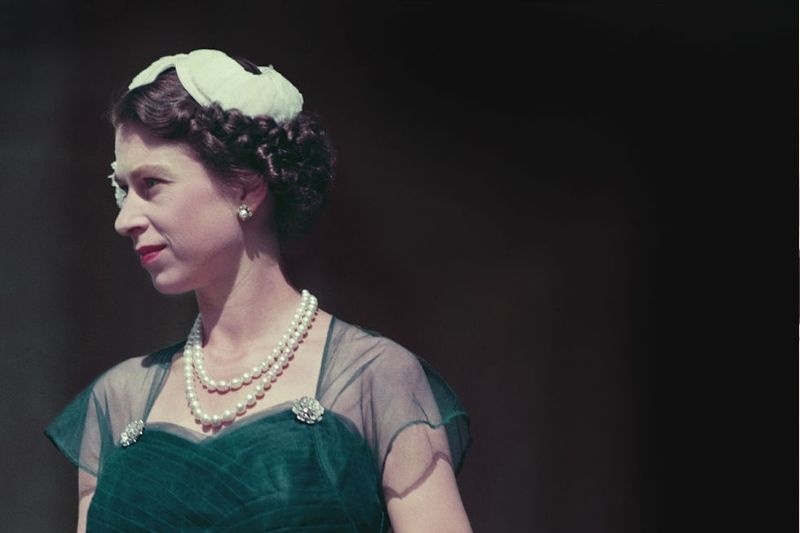
INTERNATIONAL
- Michael McGirr
- 12 January 2023
My mother often reminded us that she was the same age as the queen. They were both stoic to the point of being difficult to understand. There was never any doubt that, living by their lights, they would spend every breath doing what they felt called to do. Self-indulgence was hardly part of their vocabulary; along with that, they didn’t indulge others much either. The generation of 1926 was made of sturdy timber.
READ MORE
-
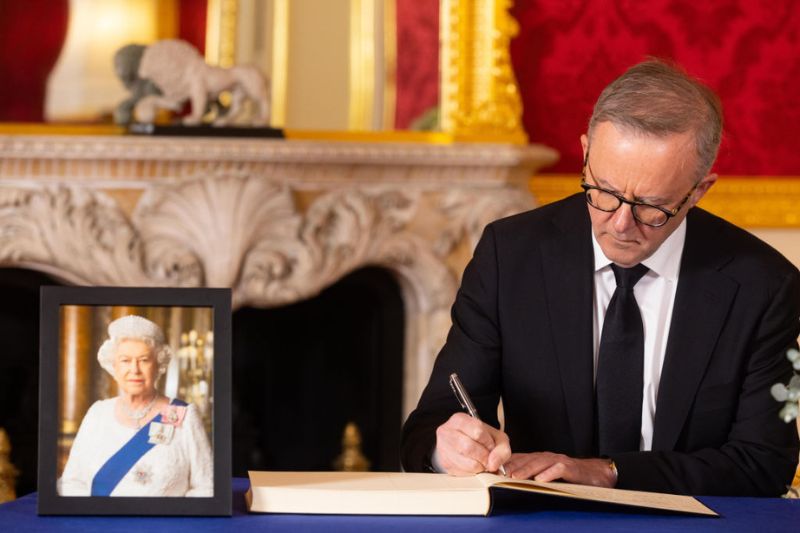
AUSTRALIA
- Julian Butler
- 06 October 2022
4 Comments
There is no popular groundswell for constitutional change in the direction of a republic just at this moment. The parliamentary recess, the proclamation by the Governor General of our fealty to the new King, and the public holiday were all a bit embarrassing. The parade being over, we can go back to gawking at the Royal Family much like Americans do. The question of what monarchy means for us feels best left alone for a while.
READ MORE 
-

ARTS AND CULTURE
- Andrew Hamilton
- 03 October 2022
In the last few weeks, we have been drowned, smothered or mired in words that have striven for solemnity. Such occasions as the death of Queen Elizabeth II and the various Grand Finals are held to transcend the everyday and so to demand elegiac or epic words. It is easy to laugh at the manifest failures to reach those heights, whether by Poets Laureate who should have known better, or by excitable journalists. There is, however, something endearingly human in the attempt.
READ MORE 
-

ARTS AND CULTURE
- Michele Frankeni
- 20 September 2022
Out of the blue I was sent a photograph that is nearly 40 years old. Why did this photograph trigger a wave of nostalgia? For me, nostalgia is not something to be sneered at as a longing to return to a forgotten past, but rather respected for allowing us to reflect on remembered joys.
READ MORE 
-
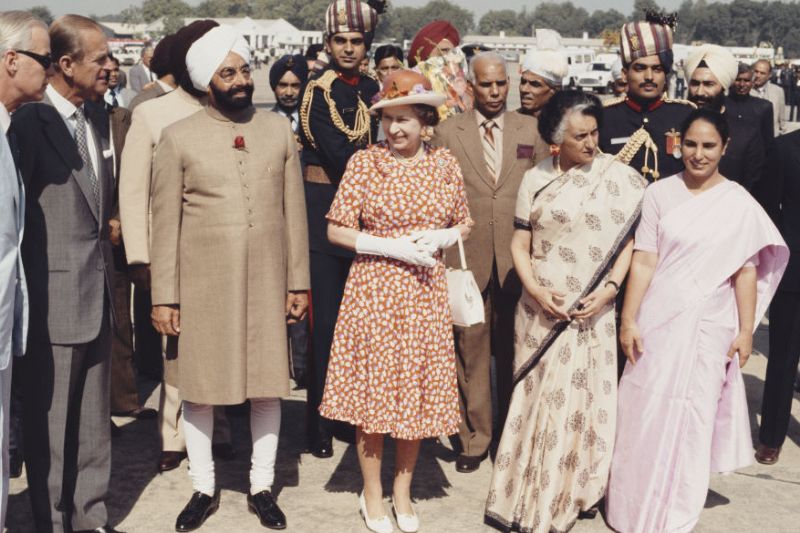
INTERNATIONAL
- Binoy Kampmark
- 20 September 2022
7 Comments
When more nuanced commentary around the passing of Queen Elizabeth II came to the fore, it was hard to avoid the difficult realities of the British monarchy and an institution that has not, through its history, delighted those conquered in its name. With Elizabeth II, it was notable that she let an opportunity to engage the topic of empire in Britain’s collective memory go begging.
READ MORE 
-
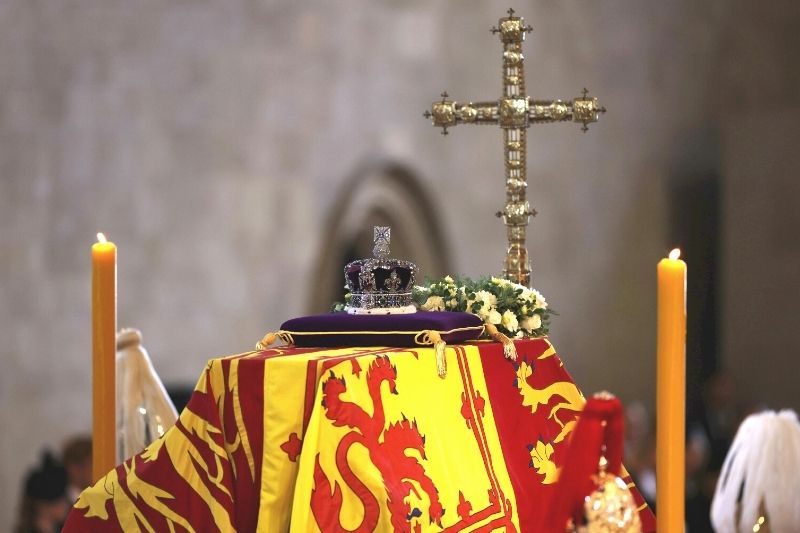
RELIGION
- Miles Pattenden
- 15 September 2022
4 Comments
The Queen’s life of overt public religion — which led her to become perhaps the twentieth century’s greatest Christian evangelist — was grounded in her conviction in the Gospels’ truth. And she interpreted Jesus’ story generously and ecumenically, broadening her role from the narrow Anglican identity of Supreme Governor of the Church of England to become an advocate by example for faiths of every kind.
READ MORE 
-
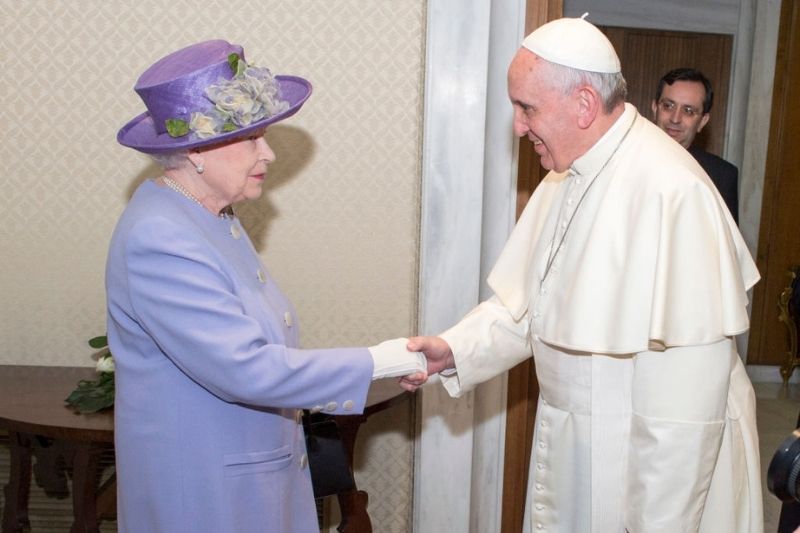
RELIGION
- John Warhurst
- 13 September 2022
7 Comments
Republican sentiments from prominent Australians did not ever preclude great personal admiration for Queen Elizabeth for her devotion and service. Now, following her death, attention has particularly turned to her Christian faith. Following the lead of Pope Francis, the Australian bishops have joined in widespread community admiration. Pope Francis spoke of ‘her steadfast witness of faith in Jesus Christ and her firm hope in her promises’.
READ MORE 
-

INTERNATIONAL
- Michael McGirr
- 12 September 2022
13 Comments
My mother often reminded us that she was the same age as the queen. They were both stoic to the point of being difficult to understand. There was never any doubt that, living by their lights, they would spend every breath doing what they felt called to do. Self-indulgence was hardly part of their vocabulary; along with that, they didn’t indulge others much either. The generation of 1926 was made of sturdy timber.
READ MORE 
-
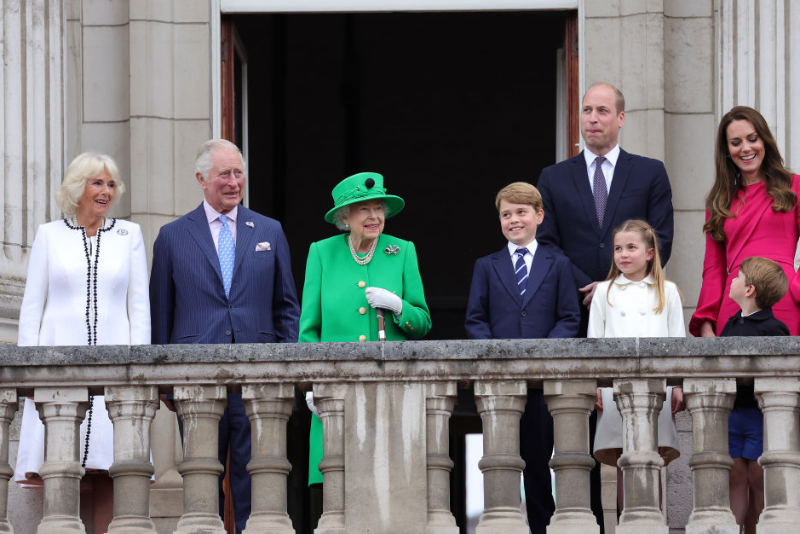
INTERNATIONAL
- Gillian Bouras
- 07 June 2022
10 Comments
I admit to a weakness for pomp and pageantry. I am, after all, a child of Empire, and swore allegiance to Queen Elizabeth II every Monday morning for years on end. So I watched the recent Trooping of the Colour, part of the Platinum Jubilee celebrations, and thoroughly enjoyed it, admiring the military precision and all the discipline required, the glitter, the splendour, the dashing aristocrats of the equine world, the sheer vividness of the unrolling scene. And all in honour of the Queen’s birthday.
READ MORE 
-
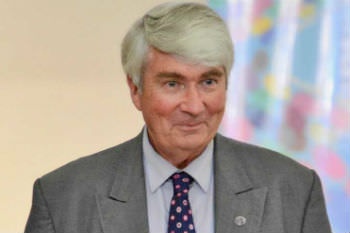
RELIGION
- Frank Brennan
- 01 March 2019
2 Comments
'John was Catholic to his bootstraps: Catholic, Irish Australian, a Labor man and a Carlton supporter. He'd have loved the inaugural speech delivered in the Victorian Parliament last month by the new Labor member for Hawthorn.' — Frank Brennan, Great Hall University House, Australian National University, 1 March 2019.
READ MORE